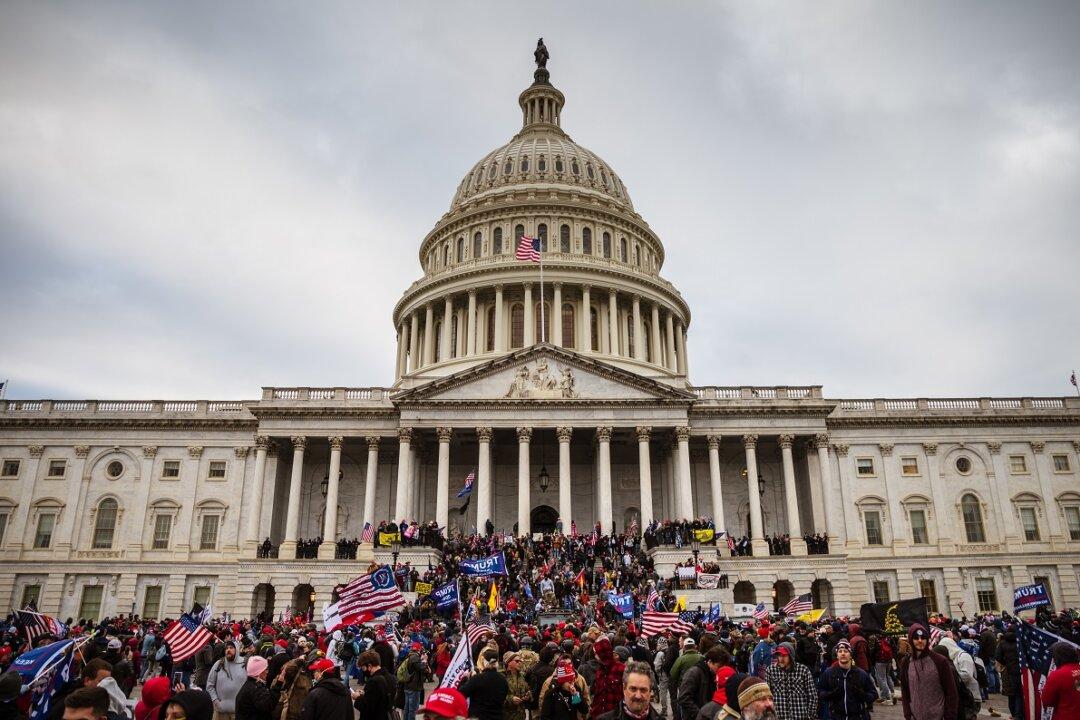Commentary
“We are in the very midst of a Revolution, the most compleat, unexpected, and remarkable of any in the History of Nations,” John Adams wrote to a friend in early June 1776.

“We are in the very midst of a Revolution, the most compleat, unexpected, and remarkable of any in the History of Nations,” John Adams wrote to a friend in early June 1776.